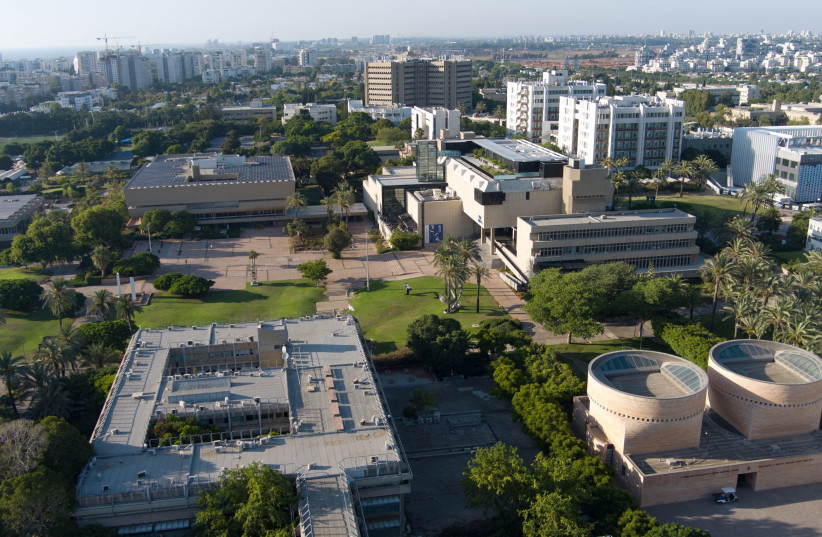The number of people suffering from lingering, long-haul COVID-19 symptoms is reaching startling proportions. In the US alone, at least 23 million adults – one in five who contracted the virus and recovered – and millions more around the world suffer from persistent health complications four weeks or more after an initial infection.
An international group of 3,762 participants from 56 countries identified 203 symptoms in 10 organ systems that persisted at least four weeks after a confirmed diagnosis of COVID-19.
The US Centers for Disease Control (CDC) listed the most common symptoms of COVID-19 – tiredness or fatigue, difficulty thinking, concentrating, forgetfulness or memory problems (sometimes referred to as “brain fog”), insomnia, difficulty breathing or shortness of breath, joint or muscle pain, coughing, fast-beating or pounding heart (also known as heart palpitations), chest pain, dizziness upon standing, menstrual problems, changes to taste/smell or the inability to exercise.
With long-COVID patients being relatively new to the medical profession, there has been no decisive protocol for treating them. However, collaboration between scientists at Tel Aviv University and US board-certified rheumatologist and internal medicine specialist Dr. Norman Gaylis and colleagues at Arthritis & Rheumatic Disease Specialties’ (AARDS) Long-Haul Clinic in Aventura, Florida, has revealed a new nutraceutical formulation that provides relief for such patients.
The study, which the researchers and physicians call a “breakthrough,” marks the first time a nutraceutical formulated for COVID patients has been published in a peer-reviewed journal. It appeared in Frontiers in Nutrition under the title “The results of a unique dietary supplement (nutraceutical formulation) used to treat the symptoms of long-haul COVID.” Gaylis was the first author of the study, along with independent researcher Yossi Mograbi of Tel Aviv.

Based on the ingredients and nutraceuticals in the study, Gaylis founded the NViroMune supplements company and collaborated with researchers on a proprietary, patented formula called Restore that specifically treats long-COVID symptoms.
The supplement contains nutrients and plant bio-extracts for critical immune restoration after surviving a viral infection, with ingredients including zinc, vitamin D, quercetin, bromelain, St. John’s wort, Indian frankincense and beta caryophyllene, a cannabinoid CB2 agonist (agonists turn protein molecule receptors on; antagonists turn them off).
“In my practice, I have treated many COVID long-hauler patients with a variety of persistent symptoms,” Gaylis said. “Upon discovering that many symptoms were related to autonomic dysfunction, I became extremely interested in finding ways to reduce and alleviate symptoms. The data collected in this study proves that there is a new weapon in the COVID arsenal to help patients who are still experiencing health complications long after contracting the virus.”
“Upon discovering many symptoms were related to autonomic dysfunction, I became extremely interested in finding ways to reduce and alleviate symptoms."
Dr. Norman Gaylis
Conducting the study
The study analyzed symptoms of 51 eligible patients in 18 US states with histories of positive COVID tests who reported lingering effects from the virus three to 11 months after infection. The results showed that on average, all the symptoms were significantly milder after two weeks of adding nothing to their regimen other than the studied nutraceutical. More dramatic improvements were observed after four weeks, and no adverse effects were reported. The study showed that each symptom reported was alleviated in 72% to 84% of all study participants.
“We are excited to finally have a treatment that has been statistically proven to help significantly reduce and alleviate symptoms of long-COVID patients,” Gaylis said. “Their treatment is still evolving within the healthcare and medical communities, and we are all learning as we go. Our team is looking forward to researching more natural solutions based on science and announcing more developments in the future.”
